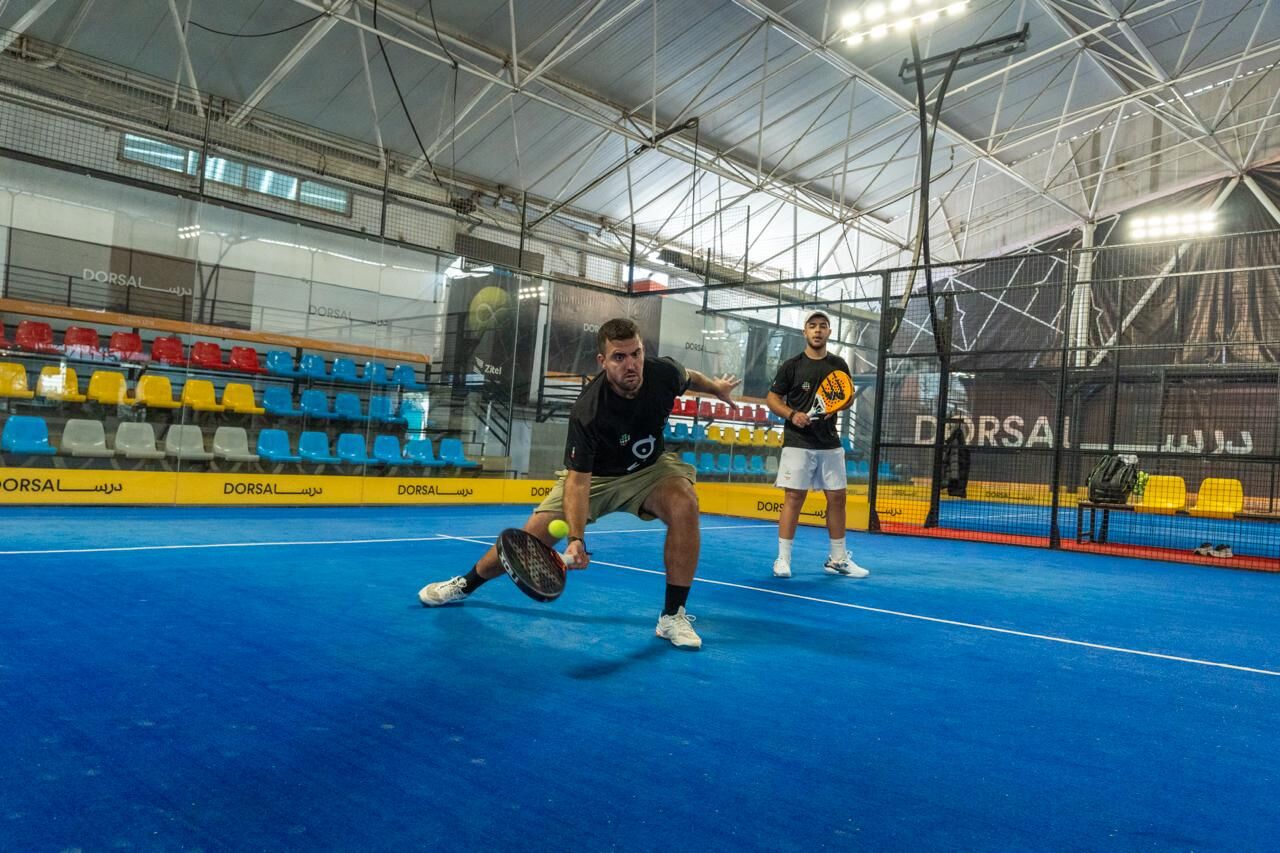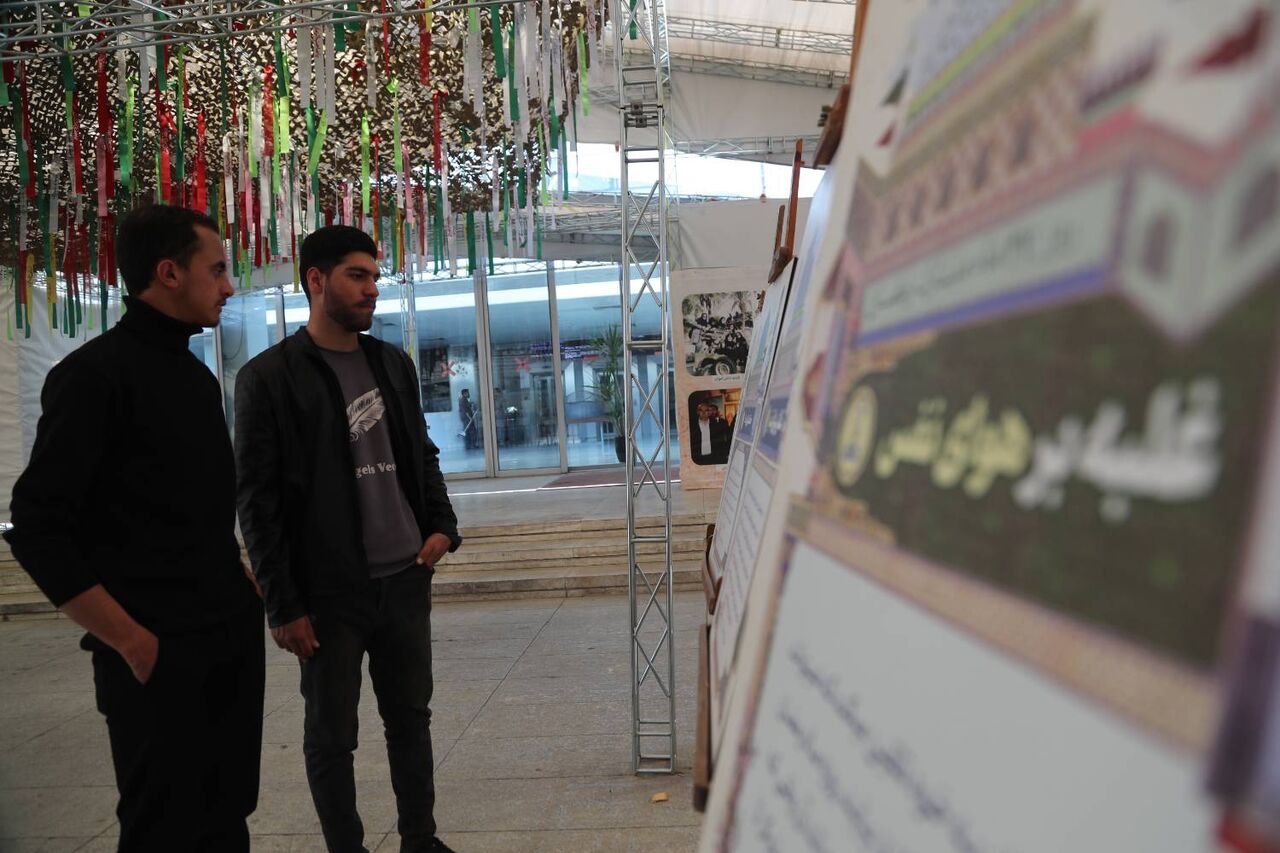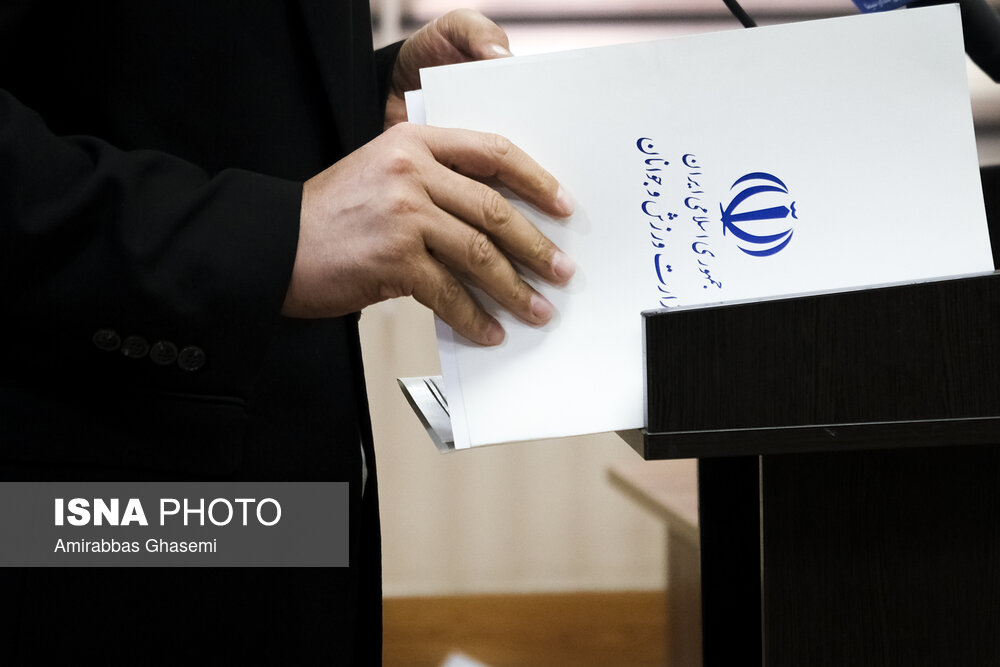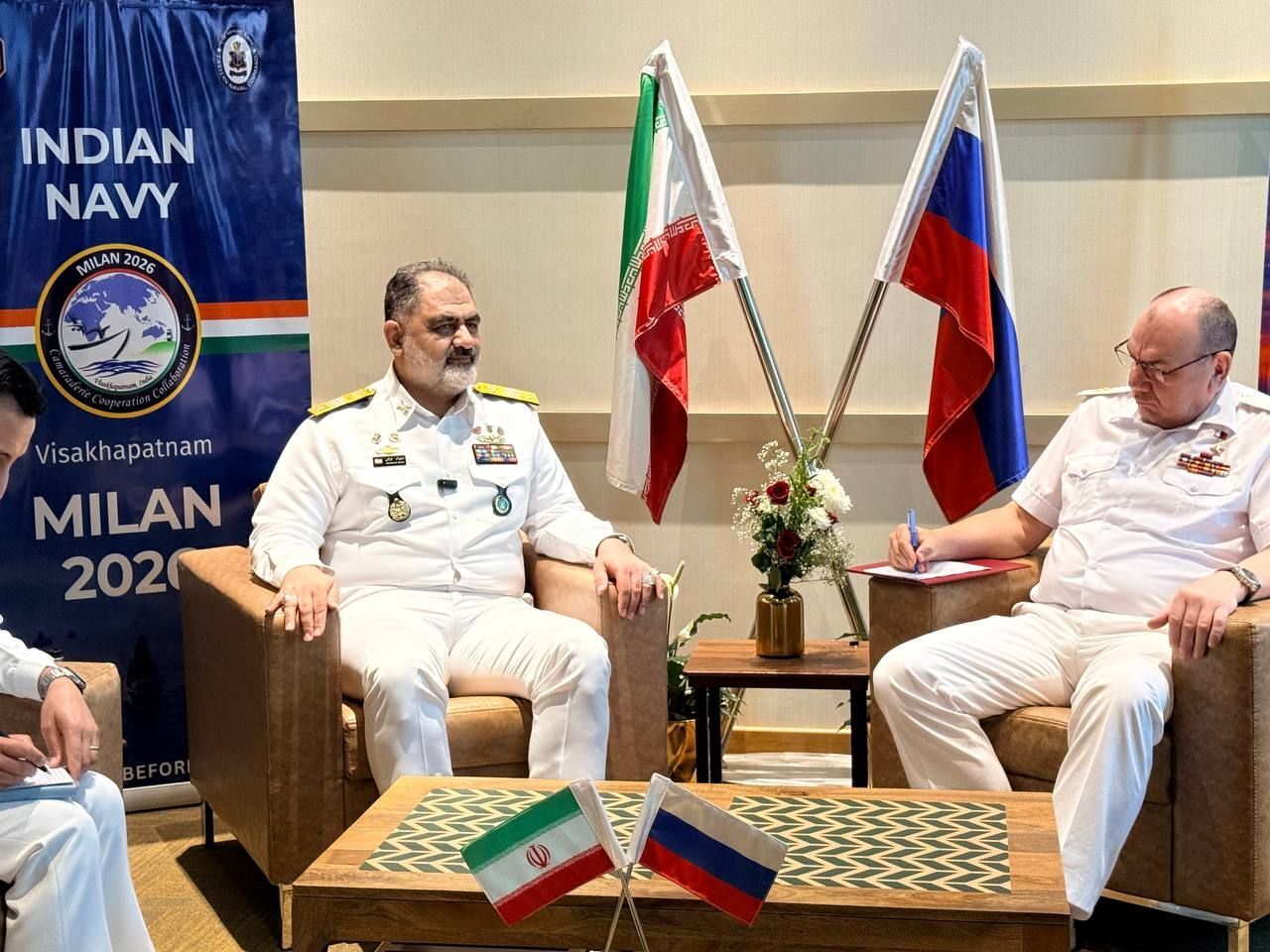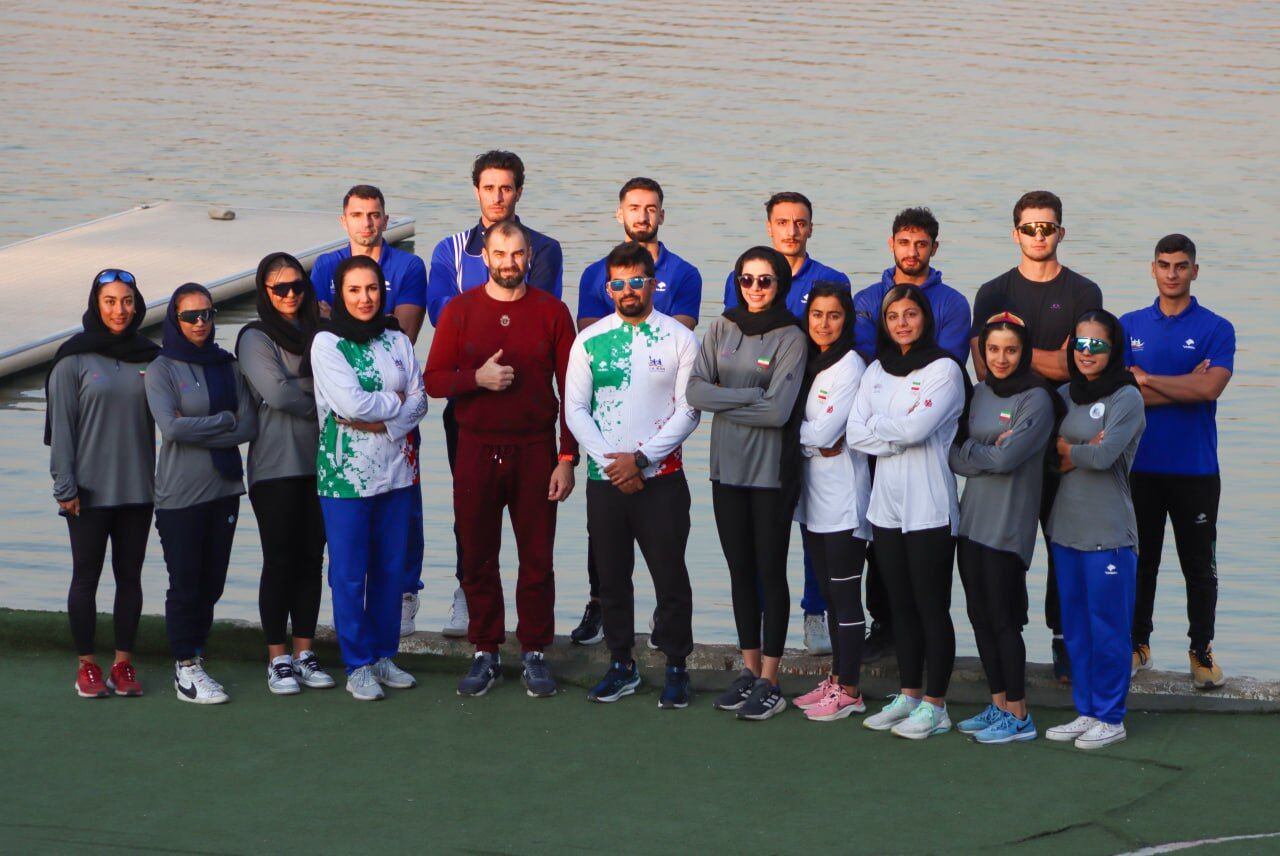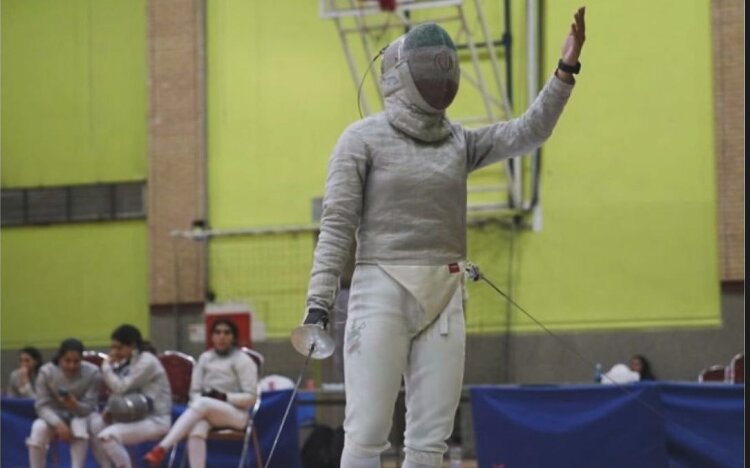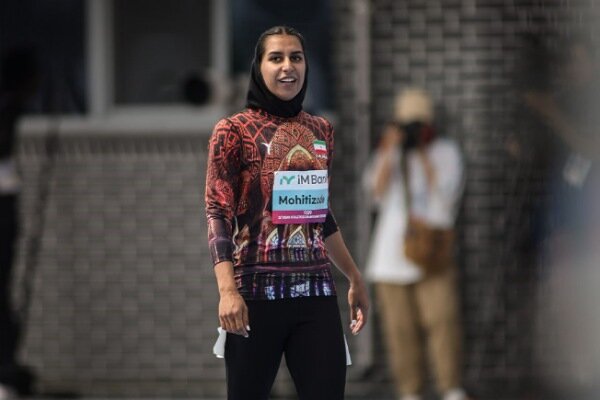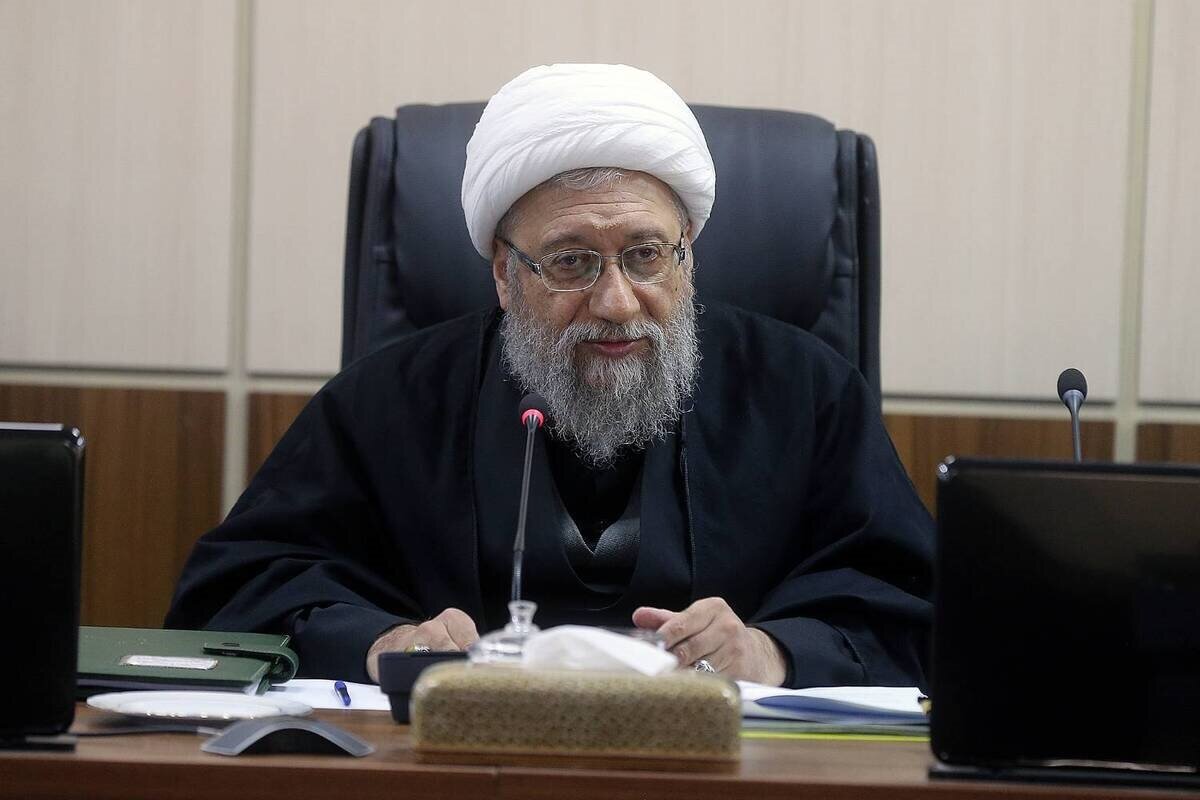Exclusive: ICC senior officials accused of 'prejudice' over Karim Khan probe
Exclusive: ICC senior officials accused of 'prejudice' over Karim Khan probe

The International Criminal Court is facing fresh scrutiny about its handling of a sexual misconduct complaint against Karim Khan, with Middle East Eye able to reveal that the chief prosecutor’s accuser was in contact with a senior official on the court’s governing body before it ordered an external UN probe into the allegations.
MEE understands that the woman who made the complaint against Khan met Margareta Kassangana, a vice president of the Assembly of States Parties (ASP), the ICC’s oversight body, to discuss the case prior to the decision by the ASP’s leadership bureau to outsource the investigation to the UN’s Office of Internal Oversight Services (OIOS).
The decision in late 2024 to publicly refer the case to the OIOS was unprecedented and prompted concerns that Khan has been denied both due process and his right to privacy while the allegations are investigated.
Details of Kassangana’s highly unconventional discussions with the complainant before that process was initiated are likely to raise further questions about the ongoing investigation.
Kassangana, the Polish ambassador to the Netherlands, had not responded to MEE’s request for comment at the time of publication.
Asked if she had spoken privately to Kassangana, the complainant declined to comment on the matter.
She said she had “sought accountability and pursued an independent and impartial investigation through official and appropriate institutional channels, including the Assembly of States Parties”.
This comes as MEE can also reveal details of complaints raised with the ASP in which another member of its leadership bureau is accused of “reckless” and “prejudicial” conduct, after a recording emerged of her making prurient remarks about Khan’s accuser in which she appeared to presume his guilt.
The complaint was made in a letter sent to the president of the ASP, Paivi Kaukoranta, last month by a forum of African business officials, which said it had been sent a recording of the remarks by a whistleblower.
'Profound concerns' over investigation
The letter, seen by MEE, concerns comments made by Mirjam Blaak, Uganda’s ambassador to the Netherlands, Belgium, Luxembourg and the European Union, and a member of the ASP bureau.
In a recorded telephone conversation, which MEE has heard, Blaak claimed Khan had rushed applying for arrest warrants for Israeli officials over the war in Gaza in order to say that he had been the victim of a “honey trap” after allegations were made against him.

This claim linking the warrants to the allegations against Khan, previously made by Israeli Prime Minister Benjamin Netanyahu, has been widely debunked in recent months.
In a letter to Kaukoranta dated 20 September, the Pan-African Business Forum (PABF) said it had “profound concerns” about the investigation into Khan, and cited Blaak’s remarks as evidence his guilt had been “pre-determined”.
Blaak’s conduct, it said, “not only undermines the legitimacy of the investigation but also risks rendering the entire process a mere smokescreen for a decision already reached”.
Blaak had not responded to requests for comment at the time of publication.
In its letter, PABF described itself as “a continental body that champions good governance, the rule of law, and the stability on which Africa’s economic development depends” and said it regarded the ICC as “an institution essential to international justice”.
Khan has been on leave since mid-May, pending the outcome of the OIOS investigation.
'She's gorgeous, very beautiful'
In the phone call to a Ugandan official, which took place in summer 2025, Blaak said: “I think [Khan] may not come back, to be honest. I think he may not come back.”
She said the bureau was still “waiting for” the report from the OIOS.
'[Blaak's conduct] risks rendering the entire process a mere smokescreen for a decision already reached'
– Pan-African Business Forum
In comments which appear to have been intended to goad her, the official asked Blaak whether the complainant’s case was linked to pressure being exerted on the ICC by the US and Israel.
He referred to “American bullying for the ICC”, and alluded to Israel’s “power” in Europe.
Khan and the ICC itself have been the target of a concerted pressure campaign over its investigation into Israeli war crimes in Gaza, with the chief prosecutor subjected to US sanctions in February.
“How can we be sure that this woman was not bought… to make claims against that, that prosecutor?” the official asked.

Blaak responded: “No, no, no. No, I’m sorry, forget about it, okay?
“We all know this, we all know her, this little girl. She’s gorgeous, very beautiful. I think it will be difficult for any man to withstand…”
The official then interrupted, apparently jokingly: “Even me? Even me, a fundamentalist Muslim?”
“Especially you,” Blaak replied, laughing.
The official asked her again whether Khan’s accuser, who is understood to be in her 30s, “was planted”.
Blaak said: “Definitely not, definitely not. No, no, no.”
'Reckless, prejudicial'
She went on to claim that Khan used the arrest warrants against Netanyahu and his then defence minister, Yoav Gallant, to distract from the allegations.
In fact, as previously reported by MEE, the prosecutor's decision to apply for the warrants was made six weeks before allegations were made against him in late April.
When the other official questioned whether Khan had been the victim of a honey trap, Blaak replied: “I know, the honey trap is very easy, but that is what, that is what - and you see, he was very clever, our friend Karim Khan, the prosecutor. He was very clever.
“Because he knew that this sword of Damocles was hanging over his head because she had talked, and some other people had been, had been, what do you call it, ringing this bell.
“And so he quickly actually rushed to get the arrest warrants issued so he could use exactly what you were saying as a reason so that, he was very clever… he could then say the honey trap.”
In its letter to Kaukoranta, the PABF cited Blaak’s comments in the phone call as evidence that members of the ASP bureau had been “compromised”.
It described her remarks as “reckless, prejudicial, and corrosive of the presumption of innocence”.
The letter adds: “We have reason to believe similar sentiments have been expressed by her to other Bureau members and members of the diplomatic corps.
“Such conduct not only undermines the legitimacy of the investigation but also risks rendering the entire process a mere smokescreen for a decision already reached.”
PABF’s letter demands Blaak’s disqualification from “any Bureau or ASP meetings related to Prosecutor Khan” and an “independent investigation into all briefings and communications in which Ambassador Blaak has expressed prejudicial views or discussed the investigation into Mr Khan”.
It further calls for a “transparent assessment of whether you, as President, Vice-President Margareta Kassangana or Vice-President Michael Imran Kanu have been influenced by similar prejudicial lobbying, compromising your ability to discharge your responsibilities impartially”.
'Interference at the most extreme level'
Concerns about the investigation were also raised this week in a statement issued by the African Bar Association (AfBA), a Nigeria-based organisation representing African lawyers, in which it condemned a “co-ordinated effort to discredit Mr Khan, manipulate investigative processes, and undermine the independence of the Court itself”.
“If members of the Presidency and Bureau are engaging with complainants or forming pre-determined views,” the AfBA said, citing the recorded phone call, “this amounts to interference at the most extreme level and a direct betrayal of their mandate.”
'It is unprecedented that the ASP president breaches the confidentiality by spreading the name of an elected official under investigation'
– Cuno Tarfusser, former ICC judge
There is widespread concern within the ICC over how the court and its governing body have handled misconduct allegations against Khan.
Sources also told MEE the ASP bureau has refused to engage directly with Khan’s lawyers.
One former ICC judge told MEE in August that he was “deeply disturbed, even scandalised by the way the proceedings against Karim Khan seemed to be unfolding”.
Cuno Tarfusser, who served at the court from 2009 to 2020, said he was particularly concerned at how Khan had been named by Kaukoranta, the ASP president, as the subject of a complaint, in apparent breach of his right to privacy.
"It is unprecedented that the ASP president breaches the confidentiality by spreading the name of an elected official under investigation,” Tarfusser said.
This happened in late October 2024, when an anonymous account on social media platform X began circulating details of allegations against Khan, and an anonymous source sent information about the allegations to journalists over email.
Kaukoranta confirmed the allegations had been made and named Khan as their subject, in a highly unconventional move which triggered a media frenzy.
Khan strenuously denies the allegations against him, and two internal ICC investigations into the complaints against him were closed after the woman accusing him said she would not cooperate.





